Posts in Category: Daily, or my first cup of coffee


It Hurts To Be Right
This morning, a text to as friend:
I hope they have Trump give the closing eulogy, that will give everyone at least 30 minutes to leave, otherwise they will have to listen to 30 seconds how great Charlie was, and the remaining 29.5 minutes about ‘who the fuck knows, but you know windmills and talent will be included’
The Memorial Service was held and is over, so I asked Grok this question and got this response.
how long did trump talk at the kirk memorial
President Donald Trump spoke for approximately 34 minutes at the Charlie Kirk memorial service held on September 21, 2025, at State Farm Stadium in Glendale, Arizona. Multiple eyewitness accounts from the event, including live reactions on X (formerly Twitter), confirm this duration, noting that his remarks began as the final speech of the evening and extended well beyond initial expectations, blending eulogy elements with political commentary. For context, the full service lasted around five hours, drawing nearly 100,000 attendees, and Trump’s address was described in media coverage as lengthy and meandering, prompting some early departures from the crowd.


MAGA Hypocrisy
First I would like to say I never saw Charlie Kirk do anything so I certainly have nothing bad to say about him, and I do NOT approve of the violence and certainly not murder. But if he was half the man the far right claims him to be, then he would be shocked to see the hypocrisy MAGA is doing in his name. In less than one week from his murder MAGA is stumping his image and memory for a few dollars more, And got Jimmy Kimmel fired for calling them out on it.
Delivering his opening monologue, the host said the “MAGA gang” was “desperately trying to characterise this kid who murdered Charlie Kirk as anything other than one of them and doing everything they can to score political points from it”.
He also accused them of “working very hard to capitalise on the murder”.
All Kimmel did was call a spade a spade. MAGA Hypocrits
I am a registered Republican and this shames me. Free Speech, I don’t think so.



Why People Are So Angry

Anger in America, Part 1: Why People Are So Angry
It isn’t hard to see why tempers are boiling over in America. Every day brings another round of double talk, broken promises, and political gamesmanship. People work hard, play by the rules, and still feel ignored.
They watch leaders twist the system to their own advantage, then sneer when ordinary citizens cry foul. Add to that the endless stream of lies, name-calling, and finger-pointing, and the frustration deepens.
Anger, at its core, comes from powerlessness — and millions feel powerless in the face of a political class that cheats, bends rules, and shrugs off accountability. No wonder people are furious.

Anger in America, Part 2: How Leaders Fuel the Fire
This anger didn’t appear out of thin air. It’s been stoked, often deliberately, by those who profit from division. When leaders lie with a straight face, they corrode trust. When they weaponize insults, they cheapen public life. When they change the rules to shield themselves, they leave citizens feeling that playing fair is pointless.
It’s not just one man or one party, though Trump’s barrage of falsehoods and attacks made the trend painfully visible. Washington’s insiders have grown comfortable rewriting the playbook to suit themselves. The result is a public that feels cheated and betrayed — and that’s on the leadership, not the people.
Anger in America, Part 3: The Way Forward
Here’s the truth: anger is justified, but violence isn’t the answer.
The same frustration that tempts people to lash out can also fuel something better — a demand for honesty, accountability, and decency. Citizens don’t have to swallow lies or tolerate corruption.
They can demand reform, expose the cheaters, and use their voices in ways that can’t be ignored. It starts by calling out the truth and refusing to be distracted by the circus of insults and spin. The anger is real — but it can be turned into a force that builds, not destroys. Leaders created this climate, but it’s the people who can change it.


Loyalty to Country, Not to a Man

Too much of our politics today has twisted the idea of loyalty. We’re told to prove we’re “true patriots” by lining up behind one politician, one party, one personality. That’s not patriotism—that’s blind allegiance.
Real loyalty isn’t to a man. Real loyalty is to our country. And a country shows its loyalty back by taking care of its people. That means intelligent solutions, not slogans. It means tackling the hard problems—healthcare, jobs, inflation, veterans’ care—with real ideas instead of scapegoats.
If a leader asks for loyalty to themselves instead of loyalty to the people, that’s a red flag. We don’t need cults of personality. We need leaders willing to work, compromise, and solve problems.
Stop the bullshit. Enough with the distractions. Loyalty to country means loyalty to each other—and it’s time our politics caught up to that simple truth.
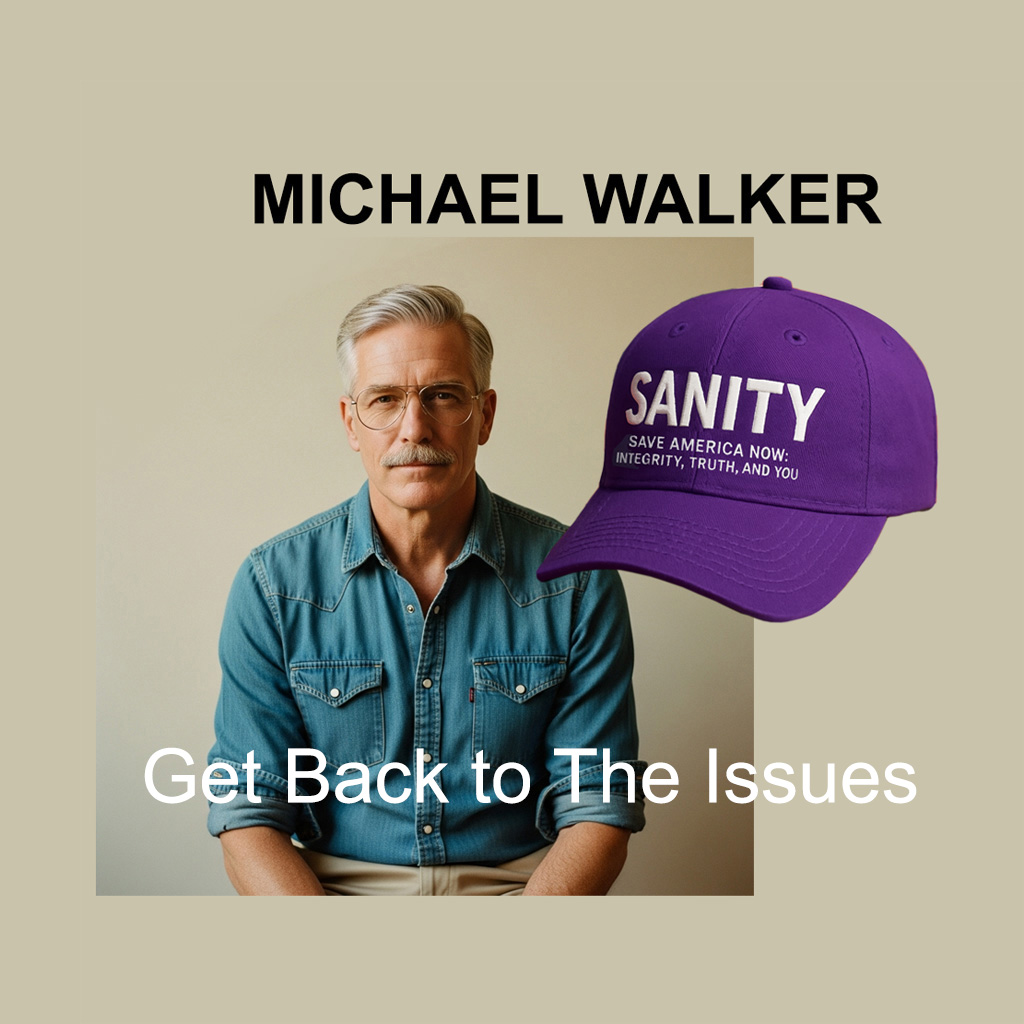

Get Back to the Issues

Election season is here, and with it comes a flood of ads and fundraising emails. Most of them have a familiar rhythm: tell us the country is on the brink, paint the other side as evil, and finish with “chip in now if you’re a true patriot.”
What’s missing? The issues that actually affect us.
Where are the promises to make healthcare more affordable? To create better jobs and protect small businesses? To tackle inflation in a way that makes sense to working families? To make sure veterans have the care and respect they’ve earned?
Voters deserve more than fear and name-calling. It doesn’t matter if the attack ads come from the right or the left—they’re distractions. What matters is whether a candidate will look us in the eye and tell us what they plan to do for our families, our communities, and our future.
Ignore the hype. Don’t let the noise drown out the questions that matter most. We have the power to demand real answers about healthcare, jobs, inflation, and veterans’ care. If someone wants our vote, that’s what they should be talking about.

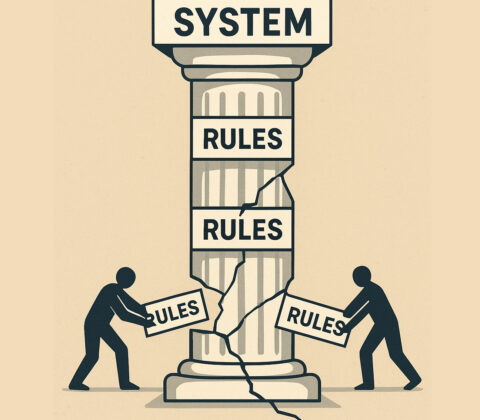
Gerrymandering: Why Do Rules Exist If No One Follows Them?
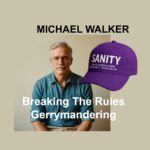
Gerrymandering: Why Do Rules Exist If No One Follows Them?
If no one is playing by the rules, why do the rules exist?
That may sound like a rhetorical jab, but it’s an honest question. The United States was founded on principles designed to safeguard fairness, accountability, and representation. The Constitution and the framework of government were meant to ensure that no group could hoard power unchecked, and that citizens’ voices would shape the course of the nation.
But gerrymandering—when politicians redraw voting districts to give themselves an advantage—cuts against the very heart of those ideals. It is a quiet form of tyranny, a manipulation of the democratic process for partisan gain. Instead of voters choosing their representatives, representatives are choosing their voters.
When either party engages in gerrymandering, they are not just breaking some technical rule of fair play. They are undermining the moral foundation of democracy. The rules of representative government only matter if leaders commit to follow them in good faith. If they don’t, then how are we any better than the monarchs, oligarchs, and tyrants we once rejected?
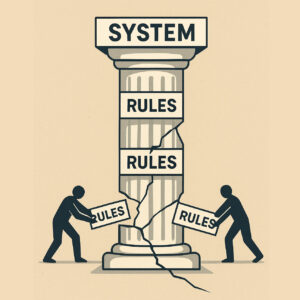
Some defend the practice as just “part of the game.” But democracy is not a game. The purpose of elections is to reflect the will of the people—not to manipulate it. When politicians normalize bending or breaking the rules for personal advantage, they don’t just weaken their opponents; they weaken faith in the entire system. And once that faith is gone, it’s far harder to restore than it is to destroy.
The danger of gerrymandering is not only unfair maps. It’s the message it sends: that rules are optional, that power is the only goal, and that principles can be cast aside when inconvenient. If that’s the lesson, then the ideals written into our founding documents become nothing more than decorative words on old parchment.
So the question remains: if no one is playing by the rules, why do the rules exist? Perhaps the answer is that the rules are waiting—for us. They are waiting for citizens to demand better, for courts to enforce standards of fairness, and for leaders to rediscover the humility that comes with serving rather than ruling.
The rules still exist because they are the difference between democracy and tyranny. But they will only matter if we decide to make them matter.


A Morning Note to a Friend That Isn’t Like Me

We started out with him sending me a clipping,
The five most dangerous cities in the United States have been revealed – and they are all run by Democrats.
Memphis, Tennessee, has been ranked as America’s most dangerous city in a r…
I sent him a quick rebuttable, something like ‘BULLSHIT” then he sent back another conservative article and I realized neither od us was right, the problems and answers and solutions can be thrown about at will, so I finally wrote back what follows.
Good and bad. Good that you’re looking for backup data to support your position. My real issue with the stuff you send is that it’s so biased, often from outlets like the Washington Post or the internet’s version of The Inquirer.
The key here isn’t affirmation—it’s truth. Yes, I do think the woke philosophy has made a mess of things. I’ve seen Portland’s steady decline firsthand, living just outside the city. We even considered Boise, Idaho at one point, but realized it’s on the same path because many of the people who damaged Portland have moved there.
Democrats often avoid real solutions, framing these problems as the result of a failed society. The reality is many of these so-called “downtrodden” are instead lazy, addicted, or opportunistic—knowing they can live off handouts and steal without consequence. On the other hand, Trump’s “arrest them all” approach isn’t a solution either. These people still have rights. What happens after the arrests? Deport them? Ignore the Constitution? That’s where he has his head up his ass.
I want crime addressed just as much as Trump supporters do. My problem is with his methods—and his obsession with power. He wants to be king for life. He doesn’t appoint competent people because he can’t stand anyone with an independent mind. He takes credit for everything, fixes what isn’t broken, and expects everyone to bow afterward. He doesn’t think or care beyond his own glow.
Take his use of the National Guard as an example. Those Guardsmen have civilian jobs—they’re pulled away, employers aren’t required to pay them, and Guard pay is lousy. Does Trump care about the impact on them or their families? Not at all.
Everything he does is about what he feels he deserves. That’s why I distrust him so deeply.

But back to your point: don’t just accept headlines at face value. Fact check. Dig deeper. These cities can’t be explained in a headline or pinned on one political party. You have to look at economic decline, population shifts, local industries that collapsed—Detroit’s auto industry, coal towns, steel cities, and so on. Poverty, opportunity, and history matter more than whether a mayor has a D or R next to their name.
I don’t claim to have the answers. Sometimes I just want to run from it all. But I know this: I’m against both violent and non-violent crime, against leaving people to rot on the street, and against pretending shelters alone are a fix. The system needs an overhaul—and Trump isn’t the one to do it.
Just a Monday morning cup of coffee..


QR Codes to Share
Please share the codes, help us build traffic and spead our message. Remember, we fact check our messages and commentaries.
SANITY Save America Now, Integrity, Truth and You – No Hate and not radical, just a good common approach to solving our problems.






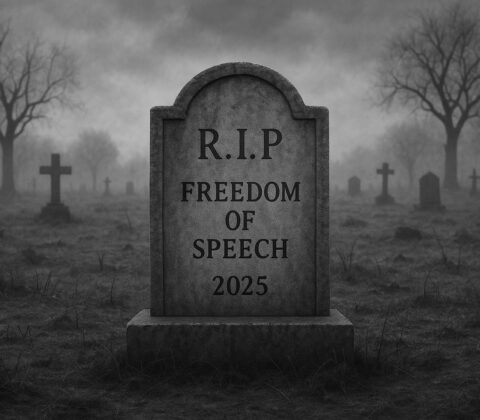
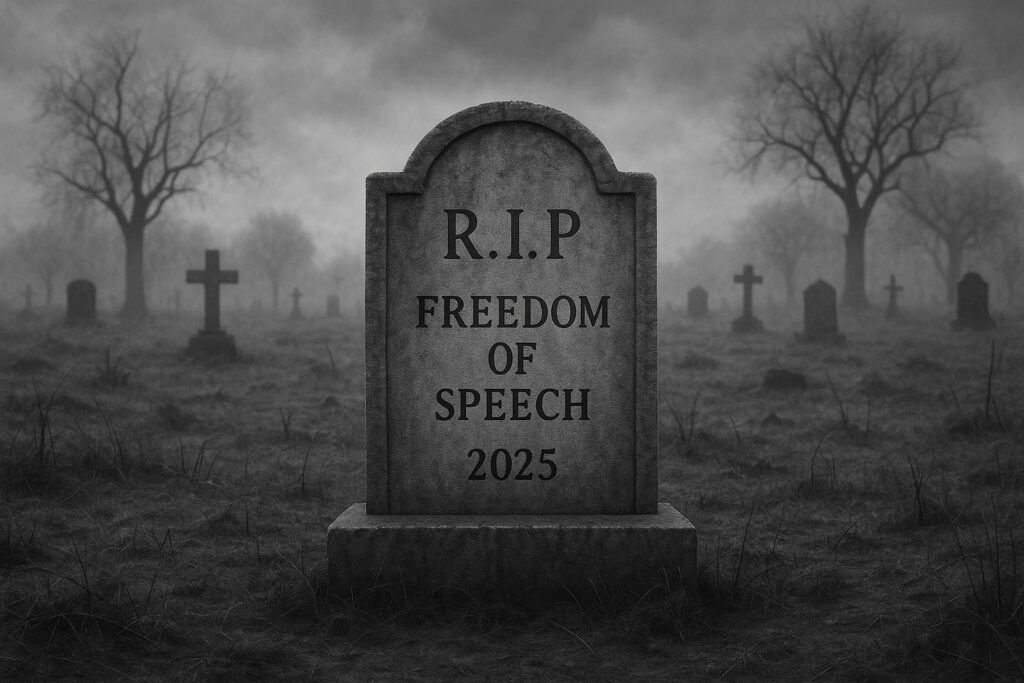
Why Do The Ultra Rich Make Asses Of Themselves
1. It’s Not About Money Anymore
Once you have more wealth than you can possibly spend, the “scoreboard” shifts. For some, the new currency is power, attention, and influence. Trump craves adoration and dominance. Musk craves being the center of the cultural/tech conversation. They treat the public stage the way a gambler treats the casino: the thrill matters more than the chips.
2. Addiction to Attention
Wealth insulates people from ordinary accountability. If you never hear “no,” and every outrageous move gets you headlines, you learn that being loud and provocative works. For personalities like theirs, attention becomes almost like oxygen — they can’t sit quietly with their fortune; they need to be seen.
3. Ego and Legacy
The ultra-rich often start chasing immortality through legacy. Ordinary lives can be content with family, friendships, or small communities. Billionaires sometimes need the world to remember their name in 100 years. That drive makes them behave like emperors or disruptors rather than satisfied retirees.
4. They Live in a Bubble
Surrounded by yes-men, lawyers, PR teams, and insulated wealth, many lose touch with how their behavior looks to normal people. What feels “bold” or “visionary” in their insulated world often looks childish, arrogant, or reckless from the outside.
5. Some Just Can’t Stop
The personality traits that made them rich in the first place — risk-taking, defiance, obsession, ruthlessness — don’t switch off once the money is in the bank. In some ways, those very traits make them incapable of enjoying peace or moderation.
So while from the outside it looks like: “They already won the game — why act like fools?”
Inside their heads, the game never ends.
Share this:
Like this: